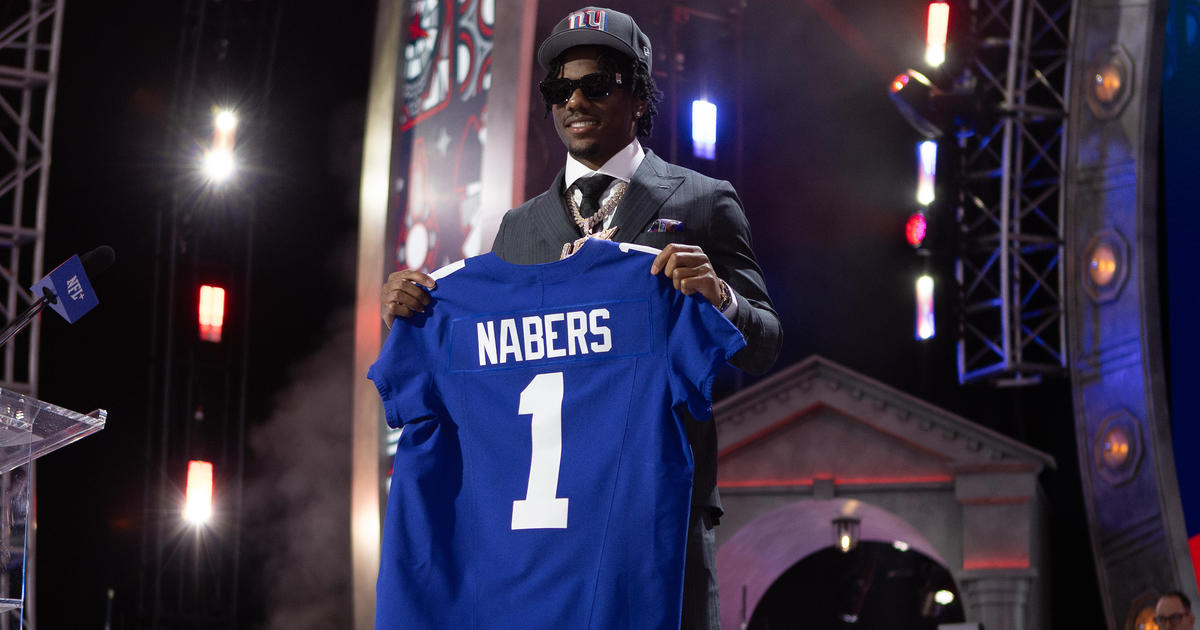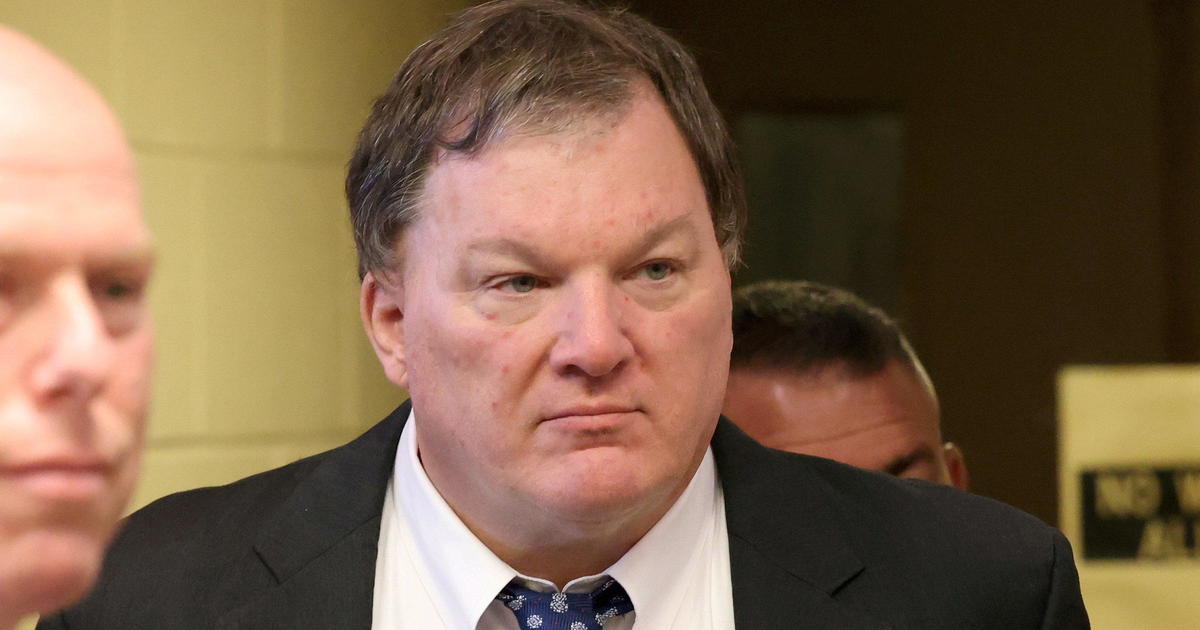Paterson Promises NY Cigarette Tax Collection
ALBANY (AP) -- New York Gov. David Paterson on Thursday promised to finally start collecting taxes on cigarettes sold by Native American stores, despite state police warnings that such enforcement could result in "violence and death."
The state plans to collect a $4.35-per-pack sales tax on cigarettes sold by Native American retailers to non-Indian customers beginning next Wednesday.
Tribes have refused to collect the tax, citing their sovereignty and treaties dating to 1794. The last time the state tried to collect the tax, in 1997, protests erupted and tires were burned on the Thruway, shutting down a 30-mile stretch.
"There will be quite an uprising and protest to this, but I am going to maintain this policy," Paterson said.
"This is a very dangerous situation," he told WOR-AM Thursday. "There is a -- I think -- high alert. The State Police tells us over and over again that there could be violence and death as a result of some of the measures we're taking."
Seneca Indian President Barry Snyder Seneca has repeatedly said "violence is not on our agenda," but the nation's leadership acknowledges that some of the tribe's more than 7,000 members might disagree.
The tax on Indian cigarettes is expected to generate about $200 million a year in revenue. Tribal retailers would still be able to sell cigarettes tax-free to members.
"What we're doing that's different than what the other three governors did is we're not going on Indian nation property," Paterson said. "We're telling them that any cigarettes that are sold in New York state will have a (tax) stamp on them. If they don't have a stamp on them, we're going to move on whoever's selling the cigarettes."
The Seneca and Mohawk tribes have requested federal court orders to stop the tax collection, claiming it would violate their rights.
New York City Mayor Michael Bloomberg recently said the governor should act like a cowboy with a shotgun and enforce the state tax law.
Paterson called those comments "inappropriate." The mayor's remarks also drew sharp criticism from the Senecas and Oneidas. Oneida Nation Representative Ray Halbritter said Bloomberg's imagery was as distasteful to his tribe as if someone urged Nazis to take action against Jews.
Sales of untaxed Indian cigarettes have become a booming business, especially as state sales taxes meant to raise revenue and discourage smoking have increased. Relying on tribal sovereignty, Indian sellers do not collect state sales taxes, allowing them to sell cigarettes at prices far lower than nonnative competitors.
Seneca-owned businesses were estimated to control 80 percent of the country's mail-order cigarette market, but the federal government has stepped in to stop interstate shipments via the U.S. Postal Service. UPS and FedEx voluntarily stopped shipping cigarettes several years ago.
Last month, a federal judge in Buffalo upheld the mail-order ban, a provision of the Prevent All Cigarette Trafficking Act. Judge Richard Arcara temporarily exempted more than 140 Seneca-owned businesses from a provision requiring them to comply with all taxing laws in the places they sell cigarettes while a lawsuit claiming the PACT Act is unconstitutional works its way through the court.
Many smokers drive to reservation retailers in New York to buy cigarettes at nearly half-price. Reservation stores sold more than 24 million cartons of cigarettes in 2009, about 1 out of every 3 packs sold in the state.
While most cigarette wholesalers are based elsewhere, both Senecas and Mohawks make cigarettes on reservation land and Oneidas are moving a factory from western New York to their reservation in central New York as part of a broad effort to avoid taxes.
"Once they come off or anyone else comes off their sacred land with cigarettes that are not being taxed by New York state we are going to address that issue," Paterson said Thursday.
Two weeks ago, state taxing agents seized thousands of cartons of cigarettes from a truck that was making deliveries between two Seneca reservations in western New York. New York Taxation and Finance spokesman Brad Maione confirmed cigarettes were seized because they didn't bear state tax stamps, though a review of the facts led to a decision to return Seneca businessman Aaron Pierce's truck and its contents.
(Copyright 2010 The Associated Press. All Rights Reserved. This material may not be published, broadcast, rewritten or redistributed.)



